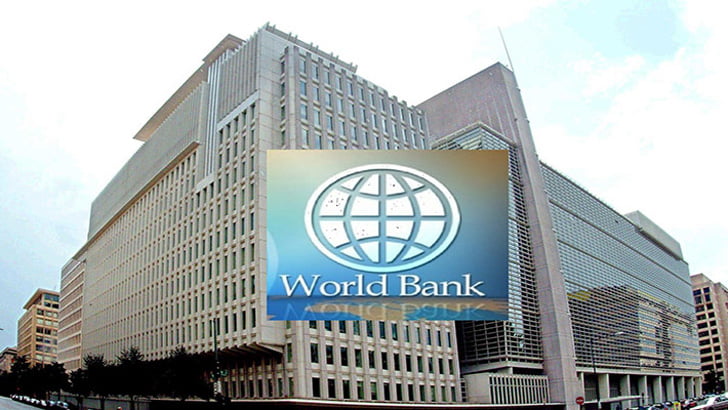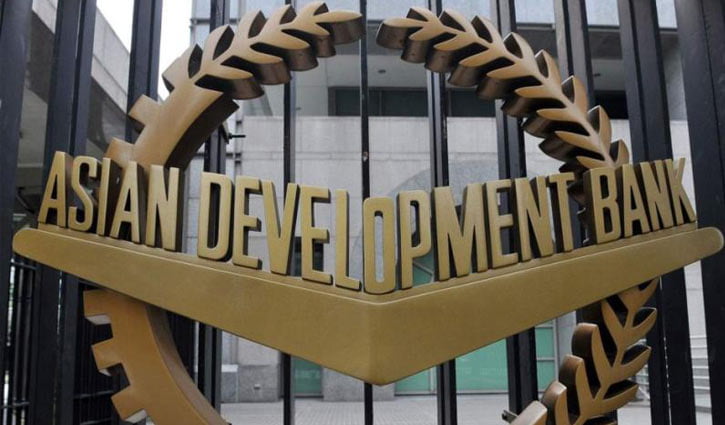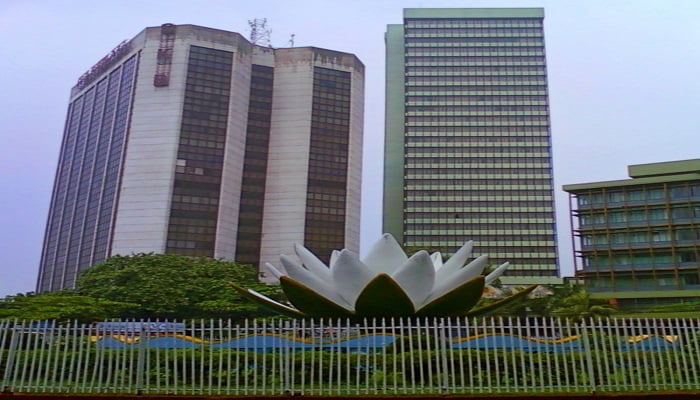Proposed amendments on the Bank Company Act and its possible impact

Amendments to Acts has been a custom of the Parliament from the very beginning while the British used to rule this part of the lands and enacted the laws which best suited themselves and found necessary during those periods. After the end of British rulings, other countries along with Bangladesh, from time to time amended the old laws according to the standard of society and need of time. Bank Company Act 1991 is one of the Acts which had a lot of critics and many suggested amending it. Nevertheless, only recently some effective changes have been seen in proposed amended Bank Company Act.
The recent proposed amendments to the Bank Companies Act 1991 have been intended to take severe actions against wilful defaulters. On account of these new amendments, the wilful defaulters will encounter some restrictions as to traveling abroad, purchasing of shares, exercising his/her directorship, all kinds of expected advantages. This article outlines a commentary on the proposed changes of the Bank Company Act 1991 and its possible impacts.
In the proposed amendments, few definitions have been given a broader meaning to include a larger group of people. For example, the definition of family has been extended to father-in-law, mother-in-law, grandchild, and other dependents. Moreover, the definition of “Person” will include both natural and legal person. One of the most eye-catching and important change is the inclusion of the term “Wilful Defaulter Borrower”. Previously, it was very difficult to hold the wilful defaulter borrower liable only because there was no direct provision for them. If the new amendment comes into force, it would be easier to take action against them. Furthermore, in order to maintain international standard of practice and principle, some changes are made in regards to the definitions of Loan, Money Laundering, Fiduciary Duties, Financial Offences and Terrorist Financing.
A new provision concerning the explanation of date of acquisition i.e. possession and mutation has been suggested to be added as it is acknowledged that the inclusion of mutation as the date of acquisition is a prerequisite for the entitlement to sell the property.
According to new amendment, if any procedure regarding misappropriation of money, corruption, or forgery runs against any Chairman, Director, Managing Director (MD), Chief Executive Officer (CEO) or two tier lower officers, if found guilty then that person will be disallowed to participate in any activity, directly or indirectly, in the management and administration of the Bank Company. Even that person will be disqualified to be appointed in any other Bank Companies. Such provisions seem too harsh and the accused must be given his right to fair trial and opportunity to be heard before such draconian punishment is imposed on them. Moreover, while the directors are given notice of investigation regarding any allegation of assisting defaulter borrower, the directors are barred from leaving the post until the procedure of the notice is completed.
For development in the banking sector, good governance and sustainability are the prerequisites. Thus, under section 14A of the proposed amendment of the Act, some strict prohibitions have been imposed. Previously it was prohibited to have shares of more than 10% whether it’s jointly or individually, by the family members of the accused officers only and now according to the new amendments any Group of Companies/Institutions, any Institutions/Companies having interest- even though both having separate entities are also not allowed to have more than 10% shares in total. Following such inclusion, no single entity associated with the bank will have any superiority as to gaining banking services. These will prevent dominance by any single Company or Family or Group/Institution owned by the Bank. This will ensure good governance and sustainability in the sector.
The proposed Section 14B of Bank Company Act 1991, requires the approval of the Bangladesh Bank to qualify a person/company/institution to be a substantial shareholder. In the amendment mainly there are inclusions of two conditions. Firstly, no bank company can be a substantial shareholder of another Bank Company. Secondly, if any legal entity is a substantial shareholder of a bank company; then, such cannot be a substantial shareholder of another bank company. Upon following these conditions, the associated risks of bank loan can be far more be reduced by controlling the participation of banks in the Stock Exchange for any share investment. Besides, this provision is expected to maintain good governance and stability in the financial sector and protect the interest of small investors. Surprisingly, there are no calculation methods for the substantial shareholders as to any damages suffered by the Bank.
In the previous Act, approval of Bangladesh Bank was needed for appointment, posting, dismissal or removal of Directors, MD and CEO. The proposed amendment also includes prior approval for re-appointment/re-posting of Directors, MD, CEO and also lower officers up to two tiers. Previously, it was prohibited for a director of a bank company to be a director of another bank company during the course of his/her directorship. In order to prevent control of a single industrial group now same rules are proposed to apply at the agents/representatives as well. Nevertheless, these rules are not applicable for the State owned Banks officers. This shows inequality and inequitable treatment with the private bank officials. Therefore, can be revisited for the sake of uniformity and fairness.
Few other rules included in the new amendment also seem harsh in nature. For example, in regards to the provisions of disqualification of the officials who have allegations or upon investigation some evidence of forgery, financial offences, illegal activities or if such claims were found, they do not have the option to challenge the decision in the court. Furthermore, under section 46 of the Bank Company Act, Bangladesh Bank has power to remove Chairman, Directors, Managing Director, Chief Executive Officer, or maximum two-tier lower level officers of any Bank Company for such allegations. Though such provisions can prevent any harmful illegal activity and issuance of anonymous loan and uphold international standard of rules, such arbitrary provisions directly contradict with the Right to Justice. Upholding international standard is also important, but at the time of amending the laws the fundamental rights of the incumbents must be ensured i.e. right to fair trial, right to self-defence, and right to self-explanation. In addition, all the allegations must be proved beyond reasonable doubt. Otherwise, such arbitrary provisions would be disproportionate and consequently, could be challenged in the High Court Division of the Hon’ble Supreme Court under Writ Jurisdiction.
Nonetheless, some new provisions in regards to the execution of the Board of Directors of Bank Company have been proposed to be amended. Previously, only three independent directors were required in an institution. According to new proposal, minimum eleven directors are obligatory; however, the proportion of the independent director must be at least one fifth of the total directors. Moreover, following the international practice and principle, the requirement of academic, professional and practical qualification of the directors are increased. An alternative director can be appointed once a year and the tenure of the director’s office must not exceed six months. Furthermore, according to the proposed amendments every Bank Company has to form “Nomination and Remuneration Committee” and “Ethics and Compliance Committee” to deal with the relevant matters.
New amendments in the Bank Company Act require personal guarantee and security before getting grant of Loan or Advances. This provision applies to any close company or person associated with the director as well. The application will be the same for any bank group or its director or family members having at least 20% voting rights in a public limited company. In the case of Sharia banking, the family members or related persons of the director are not allowed to have Mudaraba and Musharaka without any security. Indeed, this provision is an effective mechanism to eliminate the influences over the bank; also, it renders proper discipline and governance in any ailing banking/financial sector. It’s illegal for any bank company to provide loan facilities to a defaulting borrower. All directors and officers in charge will be held liable for breach of this provision. This law carries penalty of minimum five lac taka fine or three years imprisonment or both.
Additionally, in the amendment of Bank Company Act, section 27AA demands greater accountability from the directors; also, ensures severe penalty if found guilty. Section 27AAA requires identification and listing of wilful defaulter borrowers to promote excellent governance and administration in any bank company. Under section 27AAAA, the wilful defaulter borrowers will be facing denial to further loan facility and soon after taking into possession of their mortgaged property, will be up for sale. Further restrictions include traveling abroad in business class, issuance of trade licenses, car and property registration, and registration under RJSC. The defaulters will also be obstructed from attending any state functions and getting state recognitions. The restrictions outlined under this section will lead to strict consequences against the wilful defaulters and the directors. Also, such actions will eliminate the risk factors associated with loan facility and be restoring proper discipline. These may be considered as a much awaited and bold step by the Legislature in ensuring proper accountability and social shaming of the wilful defaulters.
There have been tremendous changes between section 58 and section 76 of Part V of the Bank Company Act 1991, which comprises some important provisions to prompt corrective action for the proper management of weak bank companies.
The provisions regarding the punishment/penalties in the proposed amendment have become stricter, for doing business without licence or after expiration of licence, there would be fine of taka Five Lac to Fifty Lac and up to seven years of imprisonment might also be imposed. Similarly, if someone provides misleading, false or fabricated document or information, the person might be imprisoned for three years and/or maximum of Five Lac of taka fine would be imposed. Such strict penalties would help to maintain international standard, nevertheless, it may raise the issues of breach of Human Rights, i.e. Right to Fair Trial, Right to Self-Defence, and Right to Self-Explanation. These rights must be ensured and allegations must be proved beyond reasonable doubt. Otherwise the provisions are too harsh and can be challenged under writ jurisdiction as being disproportionate.
Following the new amendments, after submitting the financial information to the Bangladesh Bank, now, the Bank Companies do not need to publish the same information to the Newspapers; rather they are obliged to publish these information to the website only, from where the information are clearly visible. This new provision is a very good initiative as it would reduce the expense of the banks; besides, everyone will be able to easily reach for the required information online at anytime from anywhere.
The proposed amendments in the Bank Company Act have addressed most of the lacking of the previous Act upholding the international standard of practice and principle. Nevertheless, few provisions in regards to penalty and disqualifications of the Directors, MD, CEO and other relevant officers should be revisited by the relevant law enactment authority since these directly contradict with the principles of Human Rights. Overall, the new amendment of the Bank Company Act might successfully play a vital role in dealing with the major problems of Wilful Defaulter Borrowers, arbitrary control of a single industrial group or family and regain the loss of confidence of the general people in the Banking sector caused because of the loopholes of the previous Bank Company Act 1991 and also will go a long way to ensure good governance and efficient management of the Bank Company of a country.
Barrister Shafayat Ullah
of Lincoln’s Inn, UK
Advocate, Supreme Court of Bangladesh







